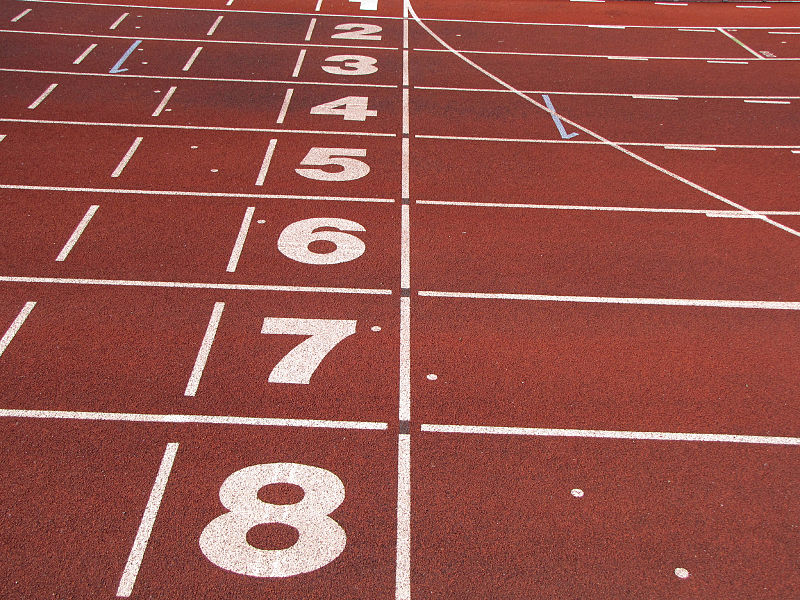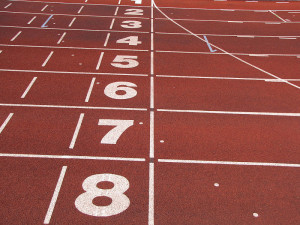Drug Sport


The 100th edition of Le Tour de France came to a close yesterday evening in Paris. It was a spectacular 3 weeks of racing. The battling of teams, riders positioning for stage wins, fans in fancy (and quite often strange) dress, stunning scenery – all made for a memorable tour indeed.
I’ve watched a lot of NBCSN’s Tour de France coverage this year because for one; it’s one of the greatest athletic competitions on this planet, and two; I was curious if this year was going to be any different. Probably as a result of instructions from broadcast corporations, there had been no mention of the American cyclist that ruined himself, Lance Armstrong, by name; just the scandal that rocked cycling. There were a lot of changes to this year’s course – twice up the Alpe d’Huez, the uphill finish on Mont Ventoux, the nighttime finish in Paris on the Champs-Élysées. Changes such as these, along with fresh, young riders such as Nairo Quintana and Andrew Talansky – the future of cycling – will help to lift the tarnish of this truly great, test of sporting endurance.
There is a rampant drug problem in the US sports – baseball, football (not soccer), track and field, cycling. I’m not talking about athletes using and abusing drugs such as cocaine and alcohol; no, this is the pre-meditated plotting to use performance-enhancing drugs to gain an unnatural competitive advantage. Olympic swimming programs in the 1980s were no strangers to steroid cocktails. Wrestling and weightlifting are also sports to have experimented with drugs to push the boundaries.
And to level the playing field there has been a lot of talk lately about legalising doping ‘since everyone is doing it.’ The argument that everyone is doing it is absurd. Granted both the business and science of sport has escalated with huge sums on the line. The money involved with stadium building, superstar contracts and ticket and concession prices is staggering. So too is the amount of funding that goes into exercise physiology equipment for training and recovery and nutrition for these athletes. But to go down the road where athletes shoot up, inhale, drink up, or cycle blood in and out of their body to win in order to beat records and earn more money and endorsements should not be the future of sport.
It’s impossible to know how many are or are not cheating by taking drugs. But there has to be a zero tolerance enforcement policy in place, with much more stringent consequences for those that are caught. Sebastian Coe, the London 2012 chairman, makes an excellent point in this BBC article. Four-year bans would do more harm to an athlete’s career: two-year bans make it too easy for athletes to bounce back. To legalise doping in sport, as this article from The Conversation advocates, would indeed be a tragedy. It would change sport to sport entertainment: two very different things.
Australia is deep in the throes of this debate. You can read about and watch what two Australian sporting icons, Shane Gould and Peter FitzSimons, have to say on the issue of athletes using performance enhancing drugs here. Weigh in and let us know what you think.
In the meantime, let’s hope indeed, that this is one Maillot jaune that will not be compromised.
Burnes K (2013-07-24 00:18:04). Drug Sport. Australian Science. Retrieved: Jul 12, 2025, from https://ozscience.com/news/drug-sport/
 Follow
Follow